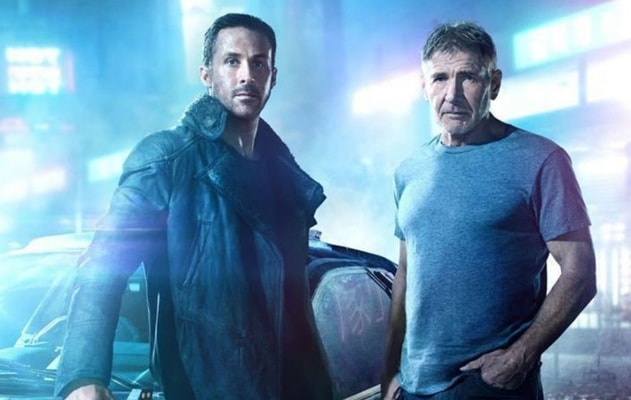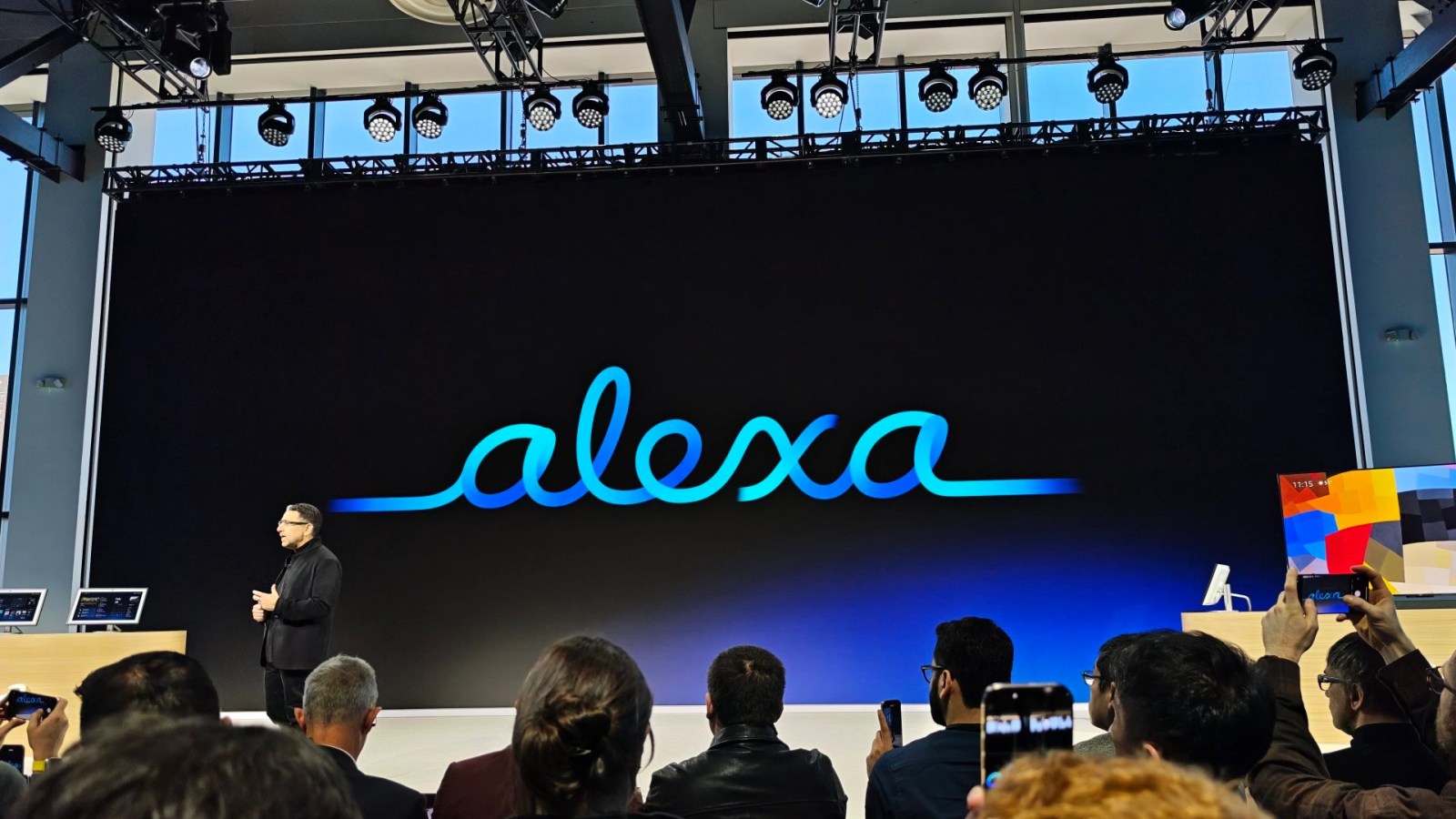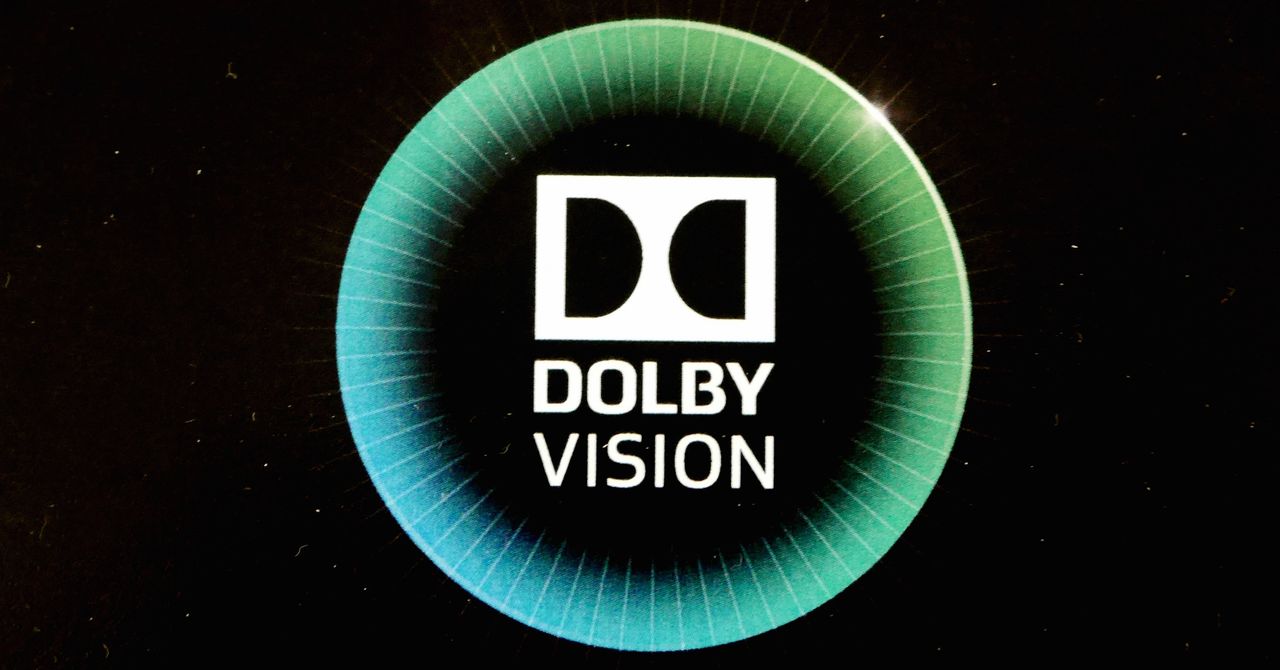
In our final post, we look at the top ten science fiction movies since the 1980s. Were there any on this list that you didn’t like? As you can see, the idea of science fiction is quite diverse. How you define it, is up to you. In this case, we used the idea of the future to base our list on. Enjoy!
10. A.I. Artificial Intelligence (2001)
Steven Spielberg’s thoughtful and profoundly sad fairytale about a childlike android (Haley Joel Osment) who wants to become a real boy is about as dark as a special effects fantasy can get without betraying its core principle of wonder. Programmed to yearn for his adopted human mother’s love, little David travels through metropolises, drowned downtowns, and robot demolition derbies of the future in search of Pinocchio’s Blue Fairy. He is accompanied by a fugitive borg (Jude Law) and a super-intelligent teddy bear. The movie was originally developed by Stanley Kubrick, but this is a project A.I. is a movie that only Steven Spielberg could create. Fun fact – he also wrote the script himself.
9. Mad Max: Fury Road (2015)
The Mad Max series takes place in a mythical post-apocalyptic setting, and Fury Road is no different. Reimagined as a traumatized veteran, Max Rockatansky (Tom Hardy) becomes the reluctant ally of the one-armed truck pilot Furiosa (Charlize Theron) as she leads a harem of young beauties to a half-remembered society of women, pursued by the patriarchal death cult of Immortan Joe and his War Boys. The thrill of escape takes on a different meaning here; while science fiction traditionally looks to the future, Fury Road is all about the eternal past, racing to catch up in the rear-view mirror.
8. Primer (2004)
Opinions of Shane Carruth’s no-budget debut (which unexpectedly won the dramatic prize at Sundance) tend to be sharply divided, depending upon whether one finds its recursive narrative challenging or simply impenetrable. There’s certainly no denying that it puts the “science” in science fiction. Primer’s dual protagonists, Aaron (Carruth) and Abe (David Sullivan), are engineers, and they talk like engineers, without bothering to explain themselves for an audience of laymen. All that can be stated with confidence is that Aaron and Abe, while working on a side project in Aaron’s garage, accidentally invent a limited form of time travel into the past and that a combination of ego and paranoia leads to multiple versions of both men existing simultaneously. Fans have created elaborate, brain-numbing diagrams that attempt to work out exactly what happens, but the film’s genius lies in its cerebral embrace of uncertainty, along with Carruth’s precise visual sense and his almost quixotic faith in the viewer to keep up.
7. Wall-E (2008)
In the far-flung (but perhaps not quite distant) future, a garbage-saturated Earth is no longer inhabited by humans—just a single trash-collecting robot chipping away at endless, impossible clean-up duty with a side of slapstick misadventures. In mere minutes, the movie establishes a chilling vision of our planet’s future and does so in silent-comedy language that barely-verbal children might still understand. Once WALL-E winds up on the Axiom, a massive spaceship on an endless cruise, the movie deepens its critique of consumerism run amok via devolved, blobbed-out humans no longer programmed to think or even walk for themselves. At the same time, it finds gentle poetry in a romance of sorts between two machines who may be cute but are never cheaply humanoid. The opening creates a world, but the whole movie tells a story.
6. Children of Men (2006)
Perhaps more than any other year in recent memory, 2017 has inspired constant talk of the most pertinent or prescient dystopian visions. Alfonso Cuarón’s Children Of Men might be the film to beat among those contenders, tapping into current debates on refugees, immigration, and even reproductive rights. But the movie is more than the sum of its political parts. Adapted from a novel by P.D. James, it presents a harsh vision of the future, when human civilization is basically in its death throes—and that’s just in the first few minutes. Theo must find a way to shepherd the first pregnant woman in years across a war-torn England, evading factions who would use her unborn child to further their own agendas. Owen, Julianne Moore, and Michael Caine all deliver gut-wrenching performances, and the use of elaborate, unbroken long takes develops a cinematic language as powerful as its emotional one.
5. Back to the Future (1985)
The science is shaky in this movie, but Back to the Future is definitely a movie that defined a generation. The premise is: a plutonium-fueled DeLorean defies quantum physics to travel back in time. Marty McFly (Michael J. Fox) travels back in time to the 1950s, and everything goes awry until he meets 1950s Doc Brown (Christopher Lloyd) who helps him get back to the 1980s. This is the first movie in the series, and all hold up as great movies, in my opinion.
https://www.youtube.com/watch?v=XKSQmYUaIyE
4. Aliens (1986)
If there’s a glimmer of hope that James Cameron won’t be wasting his talent with four more rounds of Avatar, it lies in the knowledge that this maestro of blockbusters is a master of sequels. The director knew how to expand his stone-cold Terminator into an awesome multiplex epic. Before that, he achieved the even more daunting feat of pulling a new sci-fi classic out of the shadow of an old one. Aliens stomps on the gas, stranding an unfrozen Ripley (tough-as-nails Sigourney Weaver) on an outpost crawling with acid-bleeding creatures, alongside a platoon of over-armed but severely underprepared space marines. Few action or war movies released in the decades since can match Aliens for sheer adrenaline-junkie intensity, but there’s something affecting about its emotional arc, too. It’s a rebirth, bursting bloody and triumphant from the cold body of a perfect genre specimen.
3. Brazil (1985)
Terry Gilliam’s dystopian vision, which he considered titling 1984½, so confounded Universal Pictures that it nearly wound up being shelved; only after the Los Angeles Film Critics Association named Brazil the year’s best film—based on secret, unauthorized screenings—did the studio finally relent and release it.Despite clear Orwellian parallels, they’d somehow expected something more conventionally heroic from this tale of a bureaucrat (Jonathan Pryce) who fantasizes about rebelling against the totalitarian system he helps to administer. Even the title, which refers to a popular romantic song written in 1939, seems designed to foster cognitive dissonance. The result is a movie so recklessly singular that it came dangerously close to never being seen in its intended form.
2. The Matrix (1999)
The premise—reality as a simulation created by sinister machines—is versatile enough to fit any reading across the political spectrum, but the subtexts of identity and self-discovery are deeply personal. Every ambitious sci-fi film made since the 1980s is, in some elementary way, about the genre itself. The Matrix takes its possibilities – effects spectacle, allegory, secular mind-blower, escapist fantasy—and fashions them into a worldview.
1. Eternal Sunshine of the Spotless Mind (2004)
At its best, science fiction is a mirror. It shows us not just other planets, other eras, and other species, but also ourselves, refracted through the smoke screen of impossible conceits and creative prognostication. Directed by French daydreamer Michel Gondry, from a brilliant script by the mad genius screenwriter Charlie Kaufman, Eternal Sunshine Of The Spotless Mind fulfills the full potential of the genre as a window into human experience, all while functioning as maybe the quintessentially funny-poignant love story of 21st-century cinema. On the receiving end of an especially brutal breakup, introverted sadsack Joel (Jim Carrey) pays a team of cerebral janitors to wipe away all mental traces of the dead relationship. But as memories disappear into the void, Joel has second thoughts about forgetting it all and begins scrambling through his own subconscious, trying to hide extroverted ex Clementine (Kate Winslet,) in the deepest folds and recesses of his brain. Working its way to the beautifully bittersweet ending of the new millennium, Eternal Sunshine suggests that time, space, and oblivion are no more mysterious than our own complicated, sometimes contradictory desires. That’s a whole universe to explore.



